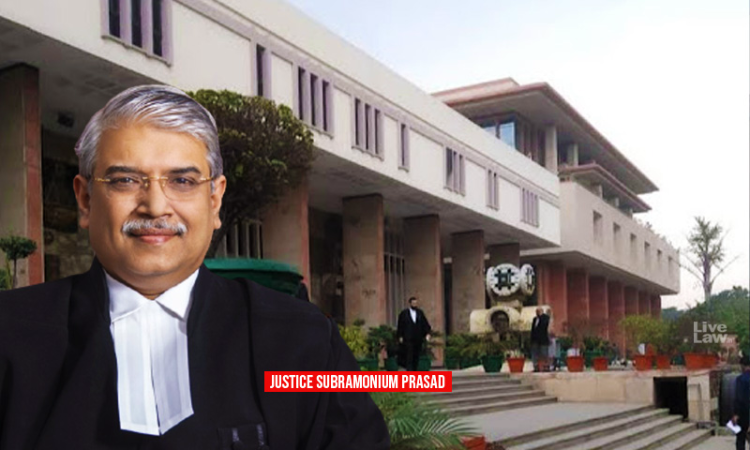Accused Can't Be Kept In Custody Indefinitely: Delhi High Court Grants Bail In Rs. Two Crore Cheating Case
Nupur Thapliyal
9 Feb 2022 9:15 PM IST

Next Story
9 Feb 2022 9:15 PM IST
The Delhi High Court has observed that an accused person cannot be kept in custody indefinitely when the right to speedy trial is a concomitant of Article 21 of the Constitution of India. Justice Subramonium Prasad observed thus:"When right to speedy trial is a concomitant of Article 21 of the Constitution of India, it can be presumed that one the facets would also be that the accused cannot...
